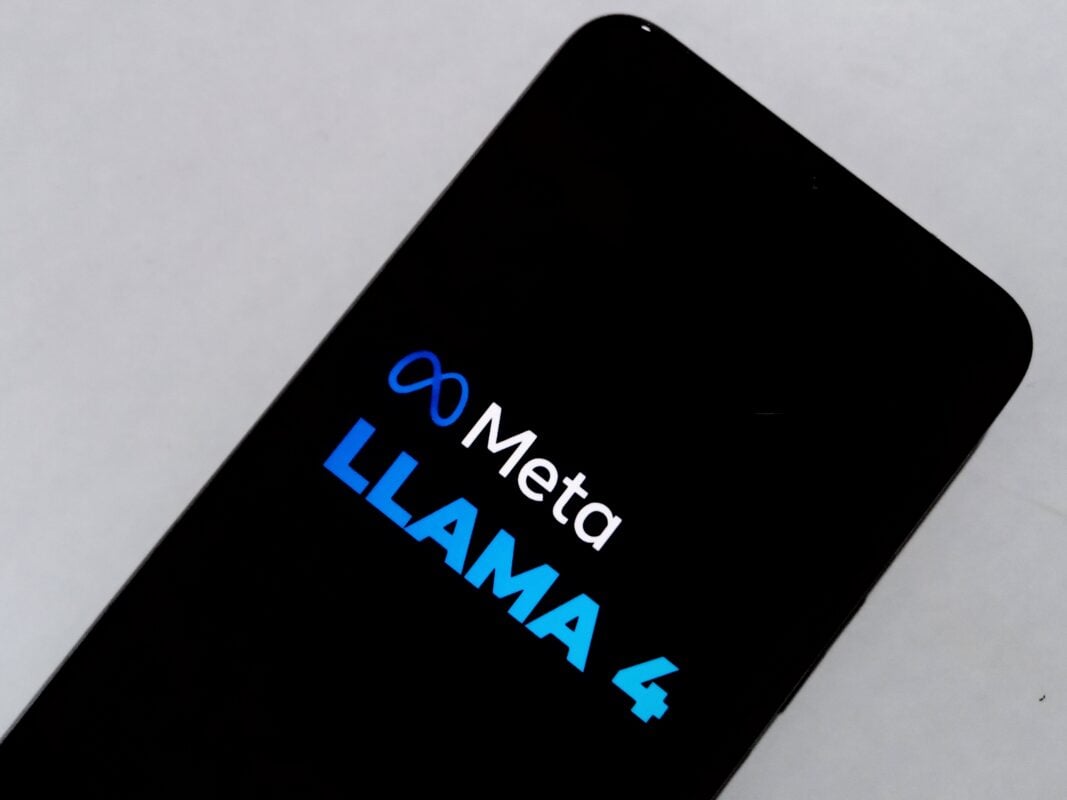TLDRs;
- Meta’s AI model Llama has been approved for U.S. federal use, joining a roster of elite AI providers.
- Agencies can use Llama for tasks like contract reviews and IT issue resolution under GSA procurement guidelines.
- Fierce competition among AI firms sees Anthropic, OpenAI, and Google offering government agencies steep discounts.
- Federal AI spending is surging, with billions in potential contracts, making compliance and security critical for adoption.
The U.S. government has formally cleared Meta’s large language model (LLM), Llama, for use across federal agencies, marking another milestone in the rapid adoption of commercial artificial intelligence tools in the public sector.
The approval, granted by the General Services Administration (GSA), allows agencies to procure and deploy Llama for a wide range of official functions, from contract analysis to IT support.
Meta now joins an exclusive list of technology companies, including Amazon Web Services, Microsoft, Google, Anthropic, and OpenAI, whose AI systems are authorized for federal operations.
Meta Joins Elite AI Vendor Roster
Llama’s inclusion in the GSA’s approved catalog highlights its compliance with stringent federal requirements around security, privacy, and legal standards. As a multimodal model capable of processing text, images, audio, and video, Llama offers versatility that federal agencies can leverage for day-to-day problem-solving.
According to officials, early use cases may include reviewing lengthy contracts to accelerate procurement processes, as well as diagnosing and resolving IT service requests more efficiently.
“This approval reflects our ongoing mission to bring cutting-edge AI into government operations while ensuring these tools meet the highest compliance standards,” the GSA noted in its statement.
Government Eyes AI for Operational Efficiency
The federal government has accelerated AI adoption in recent years, driven by the potential to reduce costs and improve efficiency across sprawling bureaucratic systems. The Department of Defense, in particular, has been a leading driver of federal AI spending, accounting for 95% of total potential contract values in 2022.
The shift is not just symbolic. Data shows that federal AI contract obligations soared from $261 million to $675 million in just one year, while the value of potential future awards ballooned nearly 1,200% to $4.56 billion.
By clearing Meta’s Llama for use, officials are signaling a readiness to move beyond pilot programs and into long-term, large-scale deployments of AI systems.
Competition Heats Up Among AI Providers
Meta’s approval comes only weeks after Anthropic, backed by Amazon, offered its Claude AI to U.S. agencies for a symbolic $1. OpenAI had made a similar proposal earlier this year, pricing ChatGPT Enterprise at $1 annually per agency for the first year. Google followed suit by introducing its Gemini model for government use.
These steeply discounted offerings highlight the fierce competition among AI providers to secure government contracts.
While the immediate financial value may appear negligible, experts note that the long-term revenue potential is enormous. Establishing early relationships with government buyers could unlock contracts worth hundreds of millions in recurring income.
Security and Compliance at the Core
For federal agencies, however, price is not the only consideration. Trust, security, and compliance remain paramount. Anthropic has distinguished itself with a safety-first strategy, which resonates strongly with agencies requiring FedRAMP High compliance standards.
Meta’s Llama, now meeting similar benchmarks, will be under close watch to ensure it maintains resilience against misuse or data breaches.
Industry observers suggest that the government’s embrace of a wider roster of AI providers will encourage healthy competition while reducing dependency on any single vendor. This approach also allows agencies to select models best suited to specific tasks, rather than relying on a one-size-fits-all solution.






